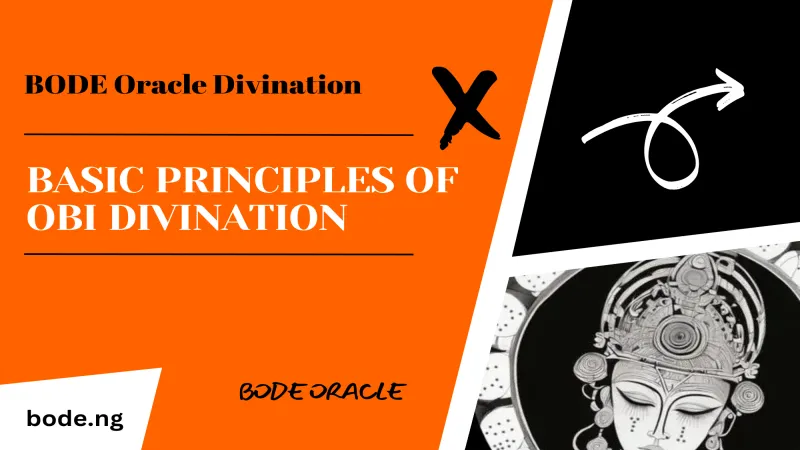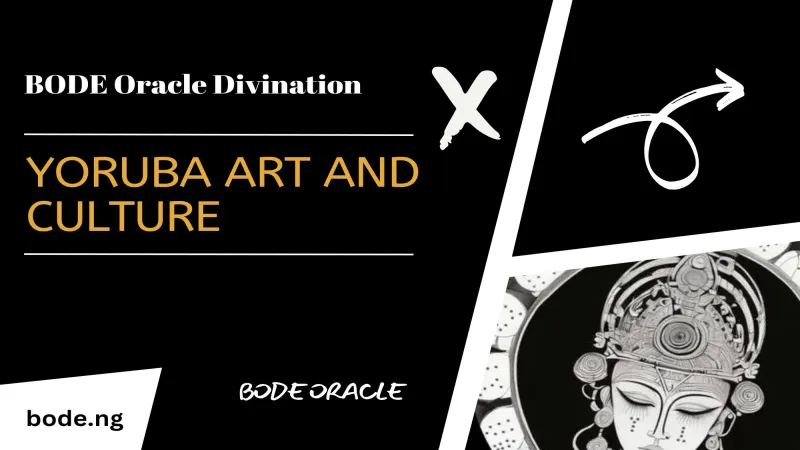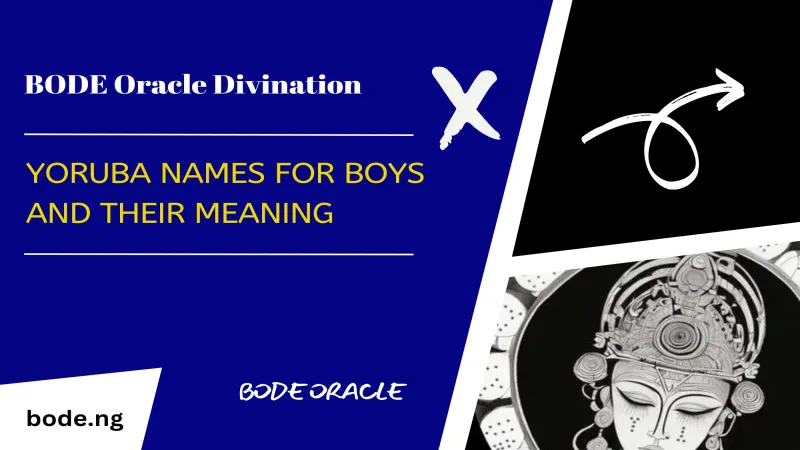Obi divination is a traditional practice within the spiritual practice of Ifá, a key aspect of the Yoruba religion and Afro-American religions derived from Yoruba culture.
In Yorubaland, this form of divination uses palm or kola nuts, while in Latin America and the Caribbean, four pieces of coconut are often used instead.
Obi divination traditionally involves a kola nut, which naturally splits into four parts, or four coconut pieces (each having a light and dark side). Cowrie shells are also occasionally used.
This method serves as a guide, offering insight into decisions or outcomes by providing a clear affirmative or negative answer.
Depending on the response received, certain rituals may follow, such as sprinkling water on the Obi or, in extreme cases, removing the coconut from the home when a strongly negative answer appears.
While there are various branches of Yoruba-based religions, each with unique practices, the tradition of Obi divination has been preserved and practiced by communities in the New World, including Afro-Caribbean and Afro-Latin traditions.
People Also Read
Iwe Odu Ifa by Ifayemi Awopeju Bogunmbe
Odu Ifa Signs And How They Are Cast
Importance of Ifa Divination In The Practice Of Yoruba Traditional Religion
Obi is accessible to practitioners at all levels, from high-ranking Babalawos (Ifá priests) to Babalorishas (male priests), Iyalorishas (female priestesses), and even Aborishas (followers who aren’t fully initiated).
In the traditional Yoruba practice of Obi divination, palm or kola nuts are typically used rather than coconut. The process involves breaking a kola nut into four equal pieces, each representing different aspects of guidance.
This method, central to Orisha-based religions, is deeply respected and serves as a foundational tool for those seeking answers and direction.
Often, practitioners consult the Orisha Èṣù-Ẹlẹgbára, who is revered as the guardian of crossroads and pathways, though other Orishas may be called upon depending on the nature of the question or circumstances.
Through the arrangement of the kola nut pieces, the diviner interprets responses that guide the seeker on their spiritual path.
Obi helps ask “yes” or “no” questions directed to the Orishas, the individual’s ancestors, or their Ori (spiritual self). In addition, Obi divination can clarify whether offerings to the Orishas are needed to influence an outcome or if a particular offering is suitable and accepted by the Orisha.
Read More
Ori The Ifa Concept of Consciousness
The following are questions you can ask during this practice:
Am I in alignment with my Destiny?
Am I in the right field of work?
Am I ready for a mate?
Is now a good time for having children?
Is there something I can do to prevent loss in an upcoming legal dispute?
Should I take a stand on this political issue?
Do the Ancestors approve of my political views?
Do the Ancestors approve of my lifestyle choices?
Would I learn something positive from making friends with so-and-so?
Can so-and-so be trusted with my secrets at this time?
Can you help me identify spiritual exercises that will help me be more disciplined?
Am I in any immediate danger from others?
Is this a good time to find a home I can afford and buy it?
Is this home that I have picked out free of unseen dangers?
Is so-and-so lying to me?
Am I prepared for my upcoming exams?
Should I share the results of this reading with anyone other than my spiritual adviser?
You Can Also Read More On
Relationship Between Orí Bibọ And Ori
Brief History of Hermeneutics in Relation to Odu Ifa
Using kola nut in Obi Divination
Obi divination connects individuals to their higher power and inner consciousness. It provides insights into the Creator’s wishes for us, offering guidance on the actions that bring goodness, success, and abundant blessings.
Through Obi, we see the Creator's preferred direction, yet, as beings with Free Will, we can choose to follow the reading’s guidance or make our own choices.
The patterns in which the kola nut pieces fall may not always align with our desires, but they reveal what brings true success and prosperity, aligning with the Creator’s intentions.
Obi is typically used to ask “yes” or “no” questions of the Orishas, ancestors, or one’s Ori (spirit). It also helps determine if offerings are needed to appease or honor the Orishas or if an existing offering is adequate and accepted.
n this form of divination, the kola nuts represent two "male" and two "female" energies. The person performing the divination interprets the pattern in which they fall, noting if they land "open" (white side up) or "closed" (dark side up).

.webp)

